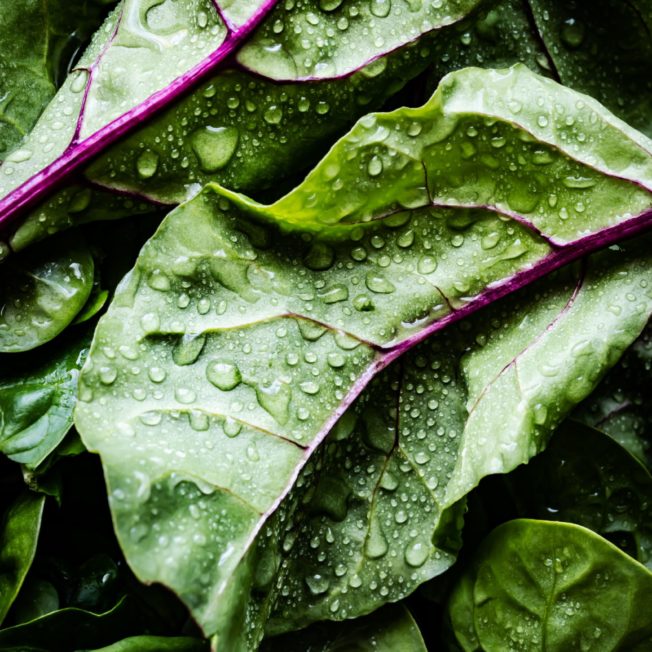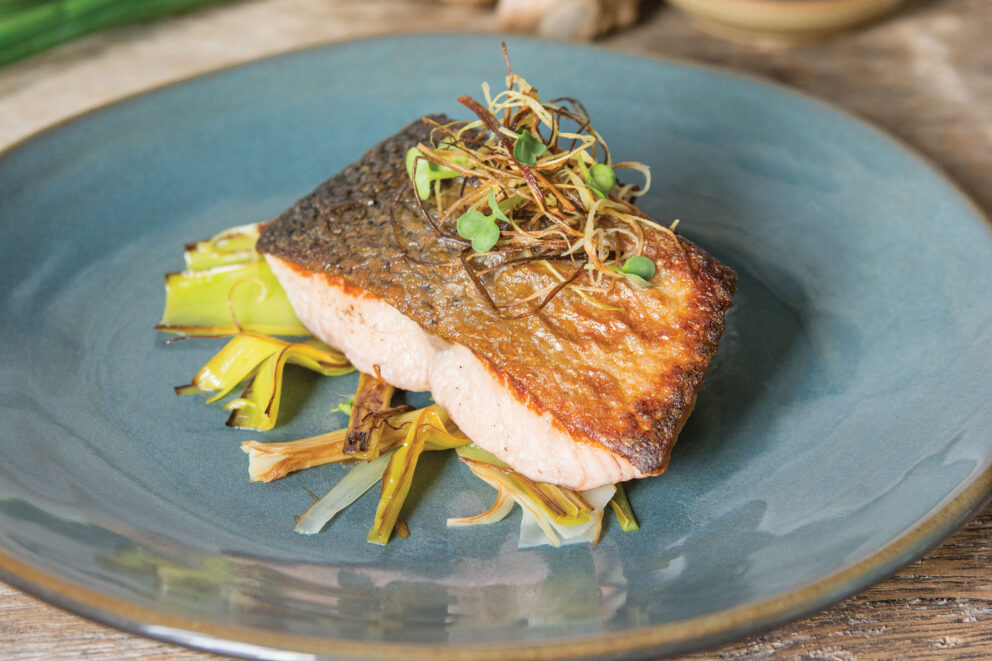Stemming from the concept that all we are as human beings is beautifully interconnected, it is evident that what we do, eat, think, feel, live, move, and sleep can alter our brains at any given point throughout our lives. Although the connection between food and mental health may not feel instinctive at first peek, it is worth considering that what we choose to eat provides us with the raw components for creating the structure and basis of our brain cells.
As a result, it enables us to keep all the communication channels working to perform, think, remember, and learn efficiently and coherently. Indeed, optimal nutrition is pivotal to keeping our brains healthy because, just like the complex relationship between the gut and the brain, dietary choices and mental health are indistinguishably connected. Why? Think chemistry! At the heart of all body-related communications are chemicals, and when it comes to the gut and the brain, these substances work within a two-way lane system to ensure that both the brain and gut run smoothly.
Inspired by the well-known mantra, “we are what we digest,” there seems to be even more evidence of the intense romance between the brain and the gut, particularly within the scientific health realm. By exploring the expansive collection of microorganisms that reside in the gut, also called the microbiome, researchers suggest that while the gut can impact emotional behavior in the brain, the brain can also vary the bacteria living in the gut.
Gut bacteria produce several neurochemicals used by the brain to regulate mental and physiological functions like attention or mood. Microbiota can also affect the gut-brain relationship by altering the integrity of the gut wall and its barrier role. In addition, it can impact inflammation (specifically, in the form of oxidation) in the body and brain alike or affect the physical movements of the gut (for instance, how the gut contracts), to name a few. In short, if gut bacteria are intimately implicated with making critical chemicals, it is clear that when these tiny but mighty agents are affected, we threaten to damage the intricate, powerful synergy between the body and the brain.
Thankfully, there are many ways to eat our way to better mental well-being and sharper thinking! By learning how to use whole, nourishing foods that invigorate us from within, we are on our way to bringing more calmness, clarity, and energy into our everyday lives. So keep on reading to learn a few brain-succulent tips you can incorporate now.
Stay away from sugar:
Flooding your brain with sugar can lead to inflammation in the brain. Bypass high-glycemic-load carbohydrates like white rice or white bread and opt for healthy carbs instead (think oats, buckwheat, sweet potatoes, nonstarchy veggies, etc.)
Avoid artificial sweeteners, bad fats, and added nitrates:
These added substances can disrupt the delicate balance between the brain and gut-derived chemicals, from aspartame to hydrogenated oils and margarine.
Bring in the omega-3 fatty acids:
Foods rich in omega-3 fatty acids have a plethora of brain-loving benefits by lowering inflammatory markers and protecting neurons from excessive inflammation. Good options are walnuts, fatty fish, edamame, and leafy greens.
Eat quality protein:
From grass-fed meat and eggs to nuts and seeds, ensuring proper protein consumption is key to eating your way to good brain fitness.
Healthy fat is vital:
Considering that your brain is made up of 60% DHA (omega-3), then feeding it with healthy fats is non-negotiable. Consider avocados, nuts, seeds, olive oil, fatty fish, and MCT oil, among others.
Choose foods rich in iron and other crucial minerals like magnesium:
Beyond the ever-famous omega-3-rich fish varieties, make sure to include other mineral-packed foods such as mushrooms, citrus fruits, cucumbers, whole grains, legumes, and cruciferous vegetables, to name a few.


















